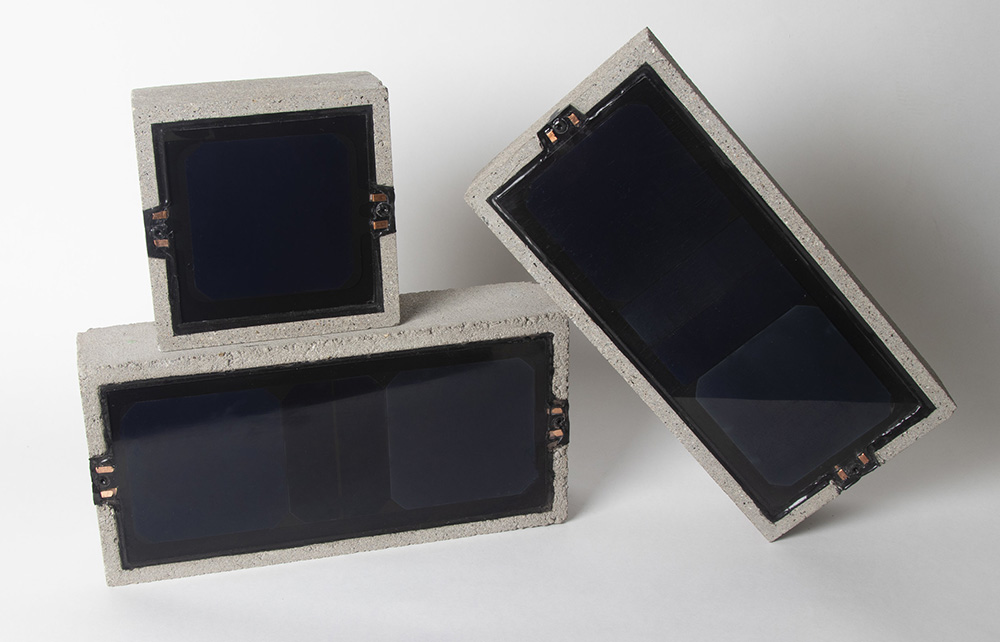Solect Energy announces expansion into Rhode Island - Mass. Solar EPC to bring solar to the Ocean State
Hopkinton, MA Solect Energy, the leading full-service commercial-scale solar company in Massachusetts, has announced that the company is expanding its business into the state of Rhode Island. Solect has operated as a solar developer, installer and services provider in Massachusetts since 2009. The company will maintain its presence in the Commonwealth while pursuing new projects in the Ocean State as a licensed Rhode Island solar provider.
“We are optimistic and excited about the opportunities for Solect to expand our footprint as Rhode Island expands its commitment to solar energy,” said Craig Huntley, chief development officer and co-founder of Solect Energy. “The state has made major strides in their solar policies in the past year, and the market is poised for growth. We are eager to play a part in establishing a significant solar presence in the state, while helping businesses, municipalities and non-profit organizations reduce electricity costs with solar energy.”
This announcement comes just after the state of Rhode Island announced the renewal of state renewable energy initiatives, including incentives for solar installations, anticipated to take effect this month. Currently, Rhode Island solar customers benefit from two main incentive programs; the Renewable Energy Growth (REG) program and the Renewable Energy Fund (REF).
The Renewable Energy Growth program, offered by the state’s electric utility National Grid, allows solar customers to enter into a 20-year feed-in tariff agreement with the utility, which offers compensation to solar array owners for the electricity produced from their system(s). Under this program, all solar electricity generated from a system enters the grid upon production, and the array owners are compensated at a fixed rate for kilowatt hours (kWh) produced, based on system size. In addition, solar array owners are able to take advantage of the 30% federal income tax credit and five-year bonus accelerated depreciation.
The state-sponsored Renewable Energy Fund provides grants and loans to Rhode Island property owners who are looking to pursue solar. Interested array owners can apply to have their project partially financed through this fund. This program also allows solar array owners to take advantage of all federal tax incentives. Rhode Island recently voted to extend funding for these incentives through 2022, and additional legislation is in discussion that would extend net metering policy to allow for third-party financed solar projects in both public and private markets, opening up the possibility for Rhode Island property owners to participate in on-site Power Purchase Agreements.
As a part of the company’s expansion, Solect has hired Joseph Fraioli as a business development director dedicated to helping Rhode Island’s businesses, municipalities and non-profit organizations reduce operating costs with solar energy. Fraioli joins the Solect team bringing over three decades of experience in the real estate and construction industries. As a lifelong resident of Rhode Island, Fraioli has extensive experience working in the Rhode Island market on capital project development, project management and site-related issues. Having served as a principal of EarthCoupler Renewables, and as an active member of several community based organizations aimed at promoting renewable energy development including the East Bay Energy Consortium (EBEC), the Renewable Energy Siting Partnership (RESP) and as chairman of Little Compton’s Renewable Energy Committee, Fraioli has vast knowledge of the renewable energy sectors throughout the state.
Massachusetts has benefitted significantly from the state’s solar growth; solar in the commonwealth has brought over 15,000 new jobs, hundreds of thousands of dollars of investment, and over 1,000 megawatts of clean energy capacity to the state. With its new, robust incentive programs, Rhode Island has positioned itself to benefit in similar ways, both on a state level through enhanced employment rates and economic growth, and at the individual business level through reduced operating costs and energy price stability.
“We have been able to grow our presence in Massachusetts from three guys and a laptop in 2009 to a top-ranking solar company in 2016,” said Huntley. “It will be exciting to apply our strategy for growth in a new market and help the state of Rhode Island solidify its commitment to solar energy and meet its aggressive renewable energy goals.”
Bridgeport implements energy efficiency plan with utility partners and regional business council









.png)